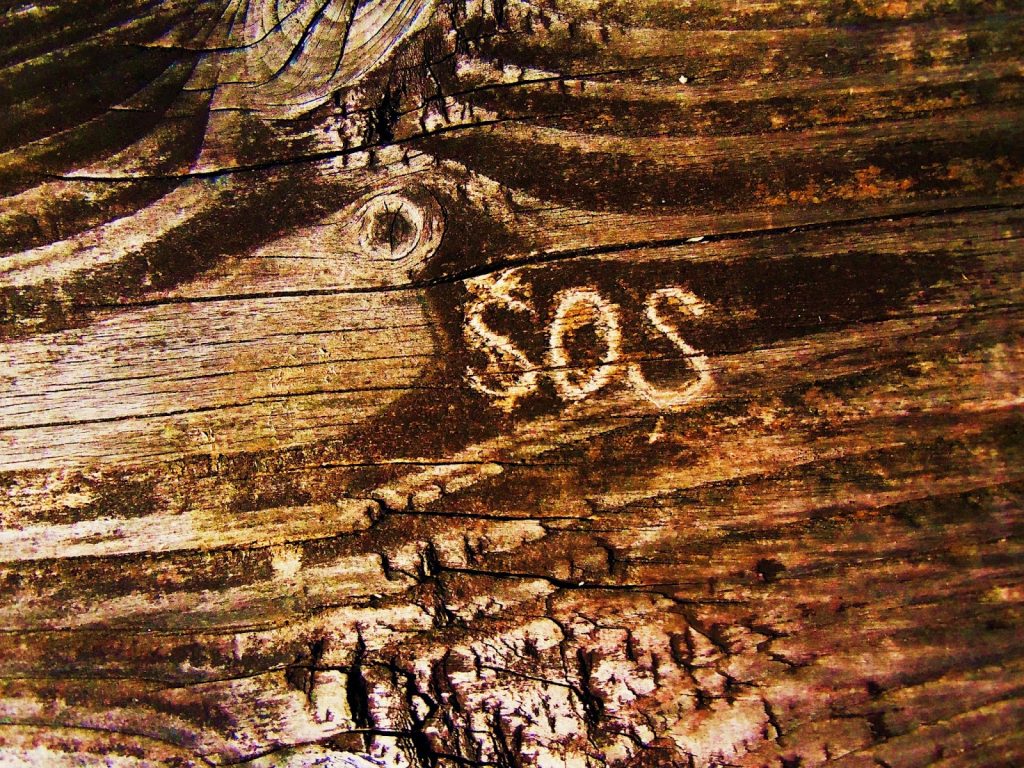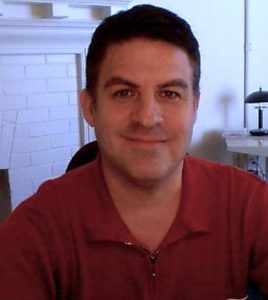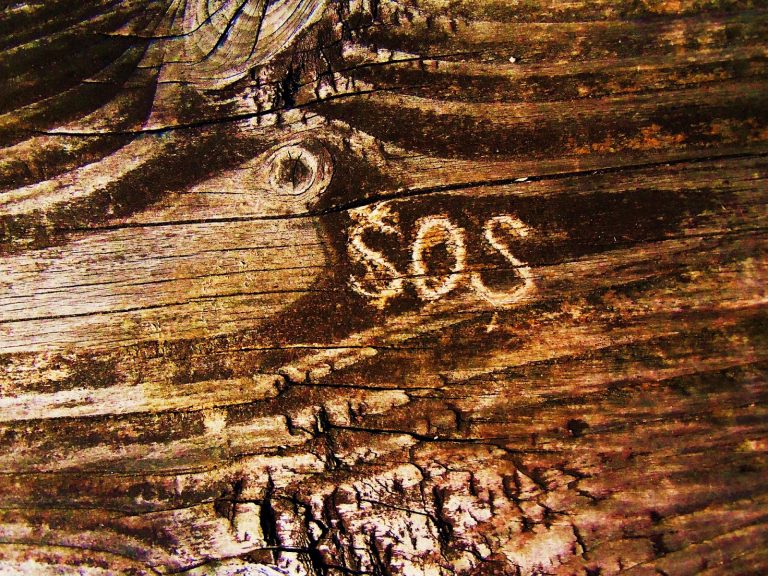
What follows below is a response to something that was tweeted this past week and which I, in turn, posted on Facebook. It received a slew of likes (I was glad for that). In the evolution of comments away from the original theme, Leslie Maxwell Kaiura commented about how she stumbled upon my blog, and her thoughts on my perspective as a gay Christian man who survived the AIDS era. My reply ended up being a long one.
I think of and live with her observations every day of my life.
From Leslie Maxwell Kaiura:
“You know, speaking of blogging, I’m not sure if I have ever told you this: I realized sometime after we crossed paths on twitter via The Moonshine Jesus Show that I had stumbled across one of your blogs (under “tumbulwead,” I think) a couple of years ago when I was looking for personal essays about sexual orientation to use for a class I was developing. I’m not sure how I landed there, but had never come across anything like your perspective as a gay Christian who had experienced the AIDS epidemic. It was truly eye-opening!
I was looking for personal voices to help students identify with people who were unlike them, but even as someone who was already on the “affirming” side of things, your blog had a big impact on me. You mentioned something in a recent post about how easy it is to marginalize people when they are unknown Others to us – that is so true. So keep putting your story out there! “
//
Leslie, thank you. This will be long. Read and do with it what you will, if you wish to use it in any of your courses:
I came close to pulling the blog recently (I never think that people read what I put out there), and increasingly toy with backing away and doing my work and speaking out in relative obscurity, if people ask and are willing to hear. I’m glad that you stumbled upon it and found it to be of use and interest.
On Being Gay, Male, an AIDS Era Survivor, and Christian: A Unicorn.
What you say is true – I can’t really find very many others like me and I feel very, very alone in my experiences (there aren’t exactly support peer groups for folks like me with that faith twist). You say that you’d not read anyone’s perspective as a Christian gay man who’d survived that time. I’ve only met one other who lives with HIV, is a Christian and was raised evangelical/Pentecostal.
I also recently reconnected with an old friend, then a young girl who knew me from my altar boy days in our parish in my hometown. She too lived through and was formed by that era (though we lost touch). She later had gay friends , some of whom she too saw die. We’ve talked about it all, and what it and the church did to us. I would call her one of the “nones” who has made overtures back to the Catholic church, starving for what was withheld from her. She hears the same rhetoric that sent her away, as is true for me now (and 30 years have since passed).
I know her and her family, and know how hurt she was, and it destroys me to hear her talk about it as well. At one point she was told to stop wearing red lipstick because “only whores do that” by our parish priest. She is a sort of a Mary Magdalene figure to me – an intensely faithful and spiritual woman who loves God (in spite of stones thrown at her).
When I Came Out and Walked (Was Sent) Away, I Spent Most of my Life “Out There” – Not in the Church
I was enmeshed within the gay male community, my place of safety growing up. I fought to negate my own faith amidst the pandemic that I was seeing all around me at the time. My roots in the Church were something that I could never really shake, and I drank to suppress (or shut down) the voice of the God who flowed through my veins. I developed a serious addiction to alcohol that lasted 17 years (an extremely common problem in the gay community).
God, or “the God of my understanding” (the only remotely religious term that I would allow into my world of recovery from alcoholism, in 1999), is my life force. It was with me from the day that I was born. I wasn’t like those of my age in the Church now (most of whom are heterosexual), working through my thinking about sexuality and gender identity and its affirmation. I wasn’t a voice that you’d hear in GCN either, coming around to any peace within myself (there was no place for us then, no “side B” camp to speak of), when I came to the realization of who and what I was. That happened much later – in sobriety, in the late 90s – when the worst of the plague in America was ending.
I guess that this gives me some street smarts, making me feel more solidarity with the experiences of Nadia Bolz-Weber or Jay Bakker than to other voices in the church that I’ve heard. I’ve a bit of an impostors syndrome in how relatively little I speak of Christ and scripture as I write, tweet, etc., though His teachings inform everything that I do.
Most of Us Were in Our 20s and 30s When AIDS Was a Death Sentence
If we made it through to survive, we are now in our late 40s and older. If I could pass that relative perspective on on (or have 20 and 30 year olds now imagine them, their friends, their loved ones, going through it in 2014).
If those voices who are searching and writing could find some way of picturing of themselves in that scenario – to imagine themselves fighting culture wars while death was all around them; to imagine being tested every 6 months to see if it was their turn to die as well; to be called an abomination who brought death and God’s retribution upon themselves; to try to stay alive AND find a home in society and in the Church. To picture themselves at 20 and 30 years of age fighting all of those battles concurrently (perhaps minus trying to find a place of affirmation in the church, which was a non-starter at that time), you would empathize with our reality at the time. You would know and understand what we remember now, as we watch those who are younger replay some of the passions our own youth.
This is what gay men of my demographic see IF they are tuned in enough to know that so many are working and taking bullets, trying to change the direction of the Church.
Most who are of our generation (or older) will have nothing to do with Christianity. I’ve lost friends as I’ve grown more vocal in the context of faith in the past few years. I stayed in the closet as a Christian for years before, and just sucked up the comments about the “evil hypocrites” uttered by my friends who would have no problem if I were Buddhist, Hindu, Muslim or of any other faith tradition.
There are others who, at best, indulge my posts in spite of my faith and have made clear that they have no issue with believers, so long as they aren’t proselytized to in any way. There are still others who seem to watch with quiet curiosity (I get an occasional thumbs up that surprises me, on something faith-related). These are usually people like my dear friend from my home parish, who were sent away from churches and don’t know what to make of my soapboxes. They know that there’s something compelling enough to have drawn one of their own back to some form of communal spirituality. It’s their ears that I most hope to reach.
A Mass of Gay Men of my Age in America Will Probably Never Forgive Evangelical Christianity
It sounds pessimistic, but the best that can be hoped for is some conciliation and understanding that there is an alternative voice – if not one of consensus. Perhaps the best that can be hoped for is that as Christians come around, they learn, they remember, and they continue to reach backward with as much passion as they look forward to younger generations.
Those who have been living with AIDS on a long term basis (like, for 20 years or longer) whose organs are failing due to the toxicity of early treatment, or who suffer the stigma, live with a daily reminder of the role that evangelicals had in watching their friends, lovers, or relatives die. This extends to people outside of the community as well, who lost those close to them and also view Christianity with intense impunity. My sisters and brothers, cousins, etc. all fall in that camp and I cannot emphasize enough the damage that was done that has gone ignored by most. I don’t know what the Church can do to ameliorate any of it, as people come around. I hear much effort expended to attract the young, but those who suffered most, and longest, have little time or ear to give back to those who say that their “positions have changed” but who’ve not acknowledged who they were, and what they did to us in recent decades.
The Church speaks of stemming the exodus of congregants. It speaks with concern for today’s 20-30 year olds who are searching. There is great (and rightful) outrage at those who choose to take their lives now. There’s a tragedy in the young dying that is more visible, more acute than those who have years behind them. This is a double slap to those who are survivor of that earlier time. Particularly because when we were 20 years old, 30, or more, and fighting alone, there was dreadful silence from the Church. In 2014, the most bitter pill to swallow is that there still is.
The rates of suicide and suicidal ideation among those 60-92 years of age are not far behind those of LGBTQ teens. This is ironic, given how intensely we fought to survive and to lift each other up, when we were in their 20s and 30s. Many of those in our communities did what is done now by youth who are cast out: they fled small-town church communities for the safety of big cities that would embrace them if they were rejected by those at home.
They arrived from 1981 onward, only to find death all around them in the safest places for them to be.
I try my hardest to be a mouthpiece to that time. I am careful to not proselytize to those who I love so much, and are so much a part of me. They are already scarred beyond belief. Among the allies, I’ve been accused of playing the victim by some evangelicals, told I’m projecting by another prominent writer for a well-known Christian blog, and have been told that I’ve no right to speak to queers as I do by younger writers at another.
Were I, however, to place those affirming-Christians who’ve come around in recent years in a room full of 40+ year old spiritual but not religious brothers and sisters in the gay male community, I would probably be feeding them to lions more than ready to rip them to shreds. And that isn’t fair, to those who don’t understand what they would have done wrong in changing their thinking, affirming us, positioning themselves as allies.
Most Christians with whom I speak don’t understand the historical dynamics, and what occurred as early as recent decades, and what overtures need to be made to begin to wipe that unnoticed bloodstain from their brows.
There’s residual anger, and I’d lie if I said that I don’t feel it as well. I think that it’s a cousin to abuses suffered by others outside of my demographic at the hands of the Church. I hear the same pain from so many – and we, the “nones” – have that in common. There’s some solidarity in it, but there’s a unique relationship in America between the Moral Majority of the early 80s onward, the Reagan Administration, the gay community and AIDS, and public policy around it in America, that doesn’t exist anywhere else.
Caris Adel, Boze Herrington, Micah J. Murray and a few others have researched and written truly wonderful pieces and series, and have spoken out forcefully about it. They have spent a great deal of time getting to know me, and looking closely at the wreckage of that time, and that has been the source of much of my comfort and healing in the Christian community. They will never really know the extent of my gratitude (my shoutout now to them).
Other Millenials as well whom I’ve met on Twitter take an active interest and I am profoundly appreciative of their efforts. It’s the sort of bridge building that is my personal longterm hope. That people be remembered and given voice and engagement at the table of Christ, or at least be shown witness to the unconditional love of God.
For many other Christians today, I’m pretty sure that the discomfort with the subject is still something that makes them turn away. Or perhaps apathy about it, the stigma around HIV, its long association in America with the gay male population. It’s all a tangled ball of yarn.
Relatively few people comment on these pieces, throw thumbs up on Facebook, and such. This, where there are multitudes of responses to others posts by them, and it is a painful reminder of how forgotten it all is.
It just really hurts to remember, but more-so, to see the silence around it repeat itself and to be alone in the Christian community with these memories.
On History Repeating
One thing that Caris in particular has written about (in her “Gays, AIDS and the Church” series) is that it’s in its infancy worldwide. I’d argue strongly that it now drives much of the “kill the gays” thinking and legislation abroad, in countries where the plague continues to escalate and goes unchecked. When I see signs at modern rallies in Africa that say things like “Go away gays. We don’t want your AIDS” I recognize the face of the demon, and know it to be alive and exported out of America’s view. It is the face of what it once was, and what is still alive in the memories of those like me, who also stared into the eyes of those beasts.
You need only imagine the ebola hysteria, extrapolated and extended over a timespan of about 15 years, with the gay community blamed for it all, to imagine what that time was like. What it still is for the LGBTQ community today, in other lands.
I have wound much of my own discourse around my experiences in the American HIV Plague era down in my speaking and writing. I’ve lost much of my mojo around it. There is much apathy, little urgency, and I sort of think it relegated, along with the Holocaust and Vietnam era, and increasingly now 9/11, to the history books in the minds of the younger generations coming out of high schools and such. I haven’t, however, forgotten my own and that bellwether time. I haven’t forgotten, for a minute, my own place among the survivors. Though they may not walk the spiritual path that I walk now, I am them and they always will be me in what we lived through together.
I am so appreciative of, and moved by, what you’ve written. As I learned in recovery, via the serenity prayer, I accept the inability to change those things that I cannot, the grace to change the things that I can, and the wisdom to understand the difference.
At least I try to do so.
Blessings.
[box type=”bio”]
 KENNY PIERCE, a native of Southern California, came out in 1985 as the AIDS epidemic raged around him, both in Los Angeles and in San Francisco.
KENNY PIERCE, a native of Southern California, came out in 1985 as the AIDS epidemic raged around him, both in Los Angeles and in San Francisco.
“I am passionate about emergent theology and interfaith dialog. My greater interest lies in sharing what I (and others) learned in those formative years, to build bridges between rapidly-changing faith communities and the earlier generation of survivors, families and friends affected by the AIDS plague.
“I feel strongly that the Church needs to acknowledge and work to address the alienation and disillusionment inherited by the current generation of affirming people of faith, who may not understand the implications of the past social, political and religious dynamics through which their uncles, aunts and parents lived.
“It is my hope that residual feelings of betrayal and silence during the “gay genocide” in those earliest years of HIV/AIDS be circumvented, and someday don’t fatally color the perception of all of Christianity among its survivors. Our earliest mandates — pacifism, social justice and compassion — are the universal key to unlocking the heart of our work in this world.”
Kenny lives in Toronto, Ontario, Canada. Follow him on Twitter and on his blog, Tangentials.
[/box]


